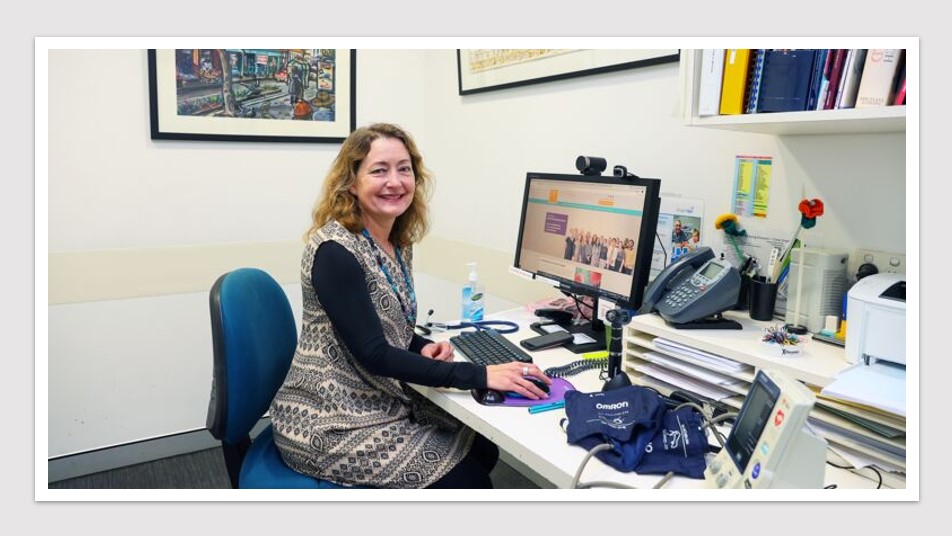News & Trends - MedTech & Diagnostics
Low-value imaging linked to high human cost

Imagining has become a cornerstone of modern medicine, for their ability to detect cancers, guide surgeries, and uncover internal injuries with speed and precision. However, a new study warns that cancers caused by computed tomography (CT) scans could account for 5% of all new cancer diagnoses each year.
The study paints a sobering picture. Among 62 million patients undergoing 93 million CT scans, researchers projected approximately 103,000 future cancers. Although children face a higher cancer risk per scan, the sheer volume of adult scans drove the bulk of projected cases.
“While growth in utilisation has slowed over the intervening years, CT use is 30% higher today than in 2007, due to growth in low-value, potentially unnecessary imaging as well as population aging,” the authors said.
“Lung cancer was projected to be the most common radiation-induced cancer [in the study]. Colon cancer was the next most common…It is unclear whether the current, unexplained increase in these cancers as well as others at unexpectedly younger ages may be partly due to CT.”
An earlier Australian study also found a 24% higher cancer incidence among CT-exposed individuals compared to those unexposed, based on a massive dataset of 11 million people. The nation’s reliance on CT is substantial. With the second-highest number of CT scanners per capita globally, New South Wales alone houses 115 CT machines in its public hospitals.
The Royal Australian and New Zealand College of Radiologists (RANZCR) has thrown its weight behind efforts to minimise unnecessary radiation exposure, stressing that CT scans should only be used when their diagnostic value clearly outweighs the potential risks. If the same clinical information can be obtained through safer, radiation-free alternatives like ultrasound or MRI, those options should be prioritised.
The College has previously urged governments across Australia and New Zealand to dismantle barriers to MRI access, advocating for policies that allow radiologists to switch from CT to MRI when clinically appropriate. This is particularly crucial for those under 30, as radio-sensitivity declines with advancing age, making MRI a safer alternative.
![]() In reimagining healthcare across the entire patient journey, Health Industry HubTM is the only one-stop-hub uniting the diversity of the Pharma, MedTech, Diagnostics & Biotech sectors to inspire meaningful change.
In reimagining healthcare across the entire patient journey, Health Industry HubTM is the only one-stop-hub uniting the diversity of the Pharma, MedTech, Diagnostics & Biotech sectors to inspire meaningful change.
The Health Industry HubTM content is copyright protected. Access is available under individual user licenses. Please click here to subscribe and visit T&Cs here.
Digital & Innovation

Reimagining remote care with Australia’s first virtual hospital
Australia’s first virtual hospital is taking on a new role as a national testbed for advancing the future of patient-facing […]
MoreNews & Trends - MedTech & Diagnostics

Health Minister and Opposition face off at the National Press Club
In a blistering showdown at the National Press Club, Federal Health Minister, Mark Butler, and his Opposition counterpart Senator Anne […]
MoreNews & Trends - Pharmaceuticals

GSK nabs label expansion for RSV vaccine
Coinciding with World Immunisation Week (24-30 April), GSK has secured TGA approval for its respiratory syncytial virus (RSV) vaccine, marking […]
MoreNews & Trends - MedTech & Diagnostics

Low-value imaging linked to high human cost
Imagining has become a cornerstone of modern medicine, for their ability to detect cancers, guide surgeries, and uncover internal injuries […]
More